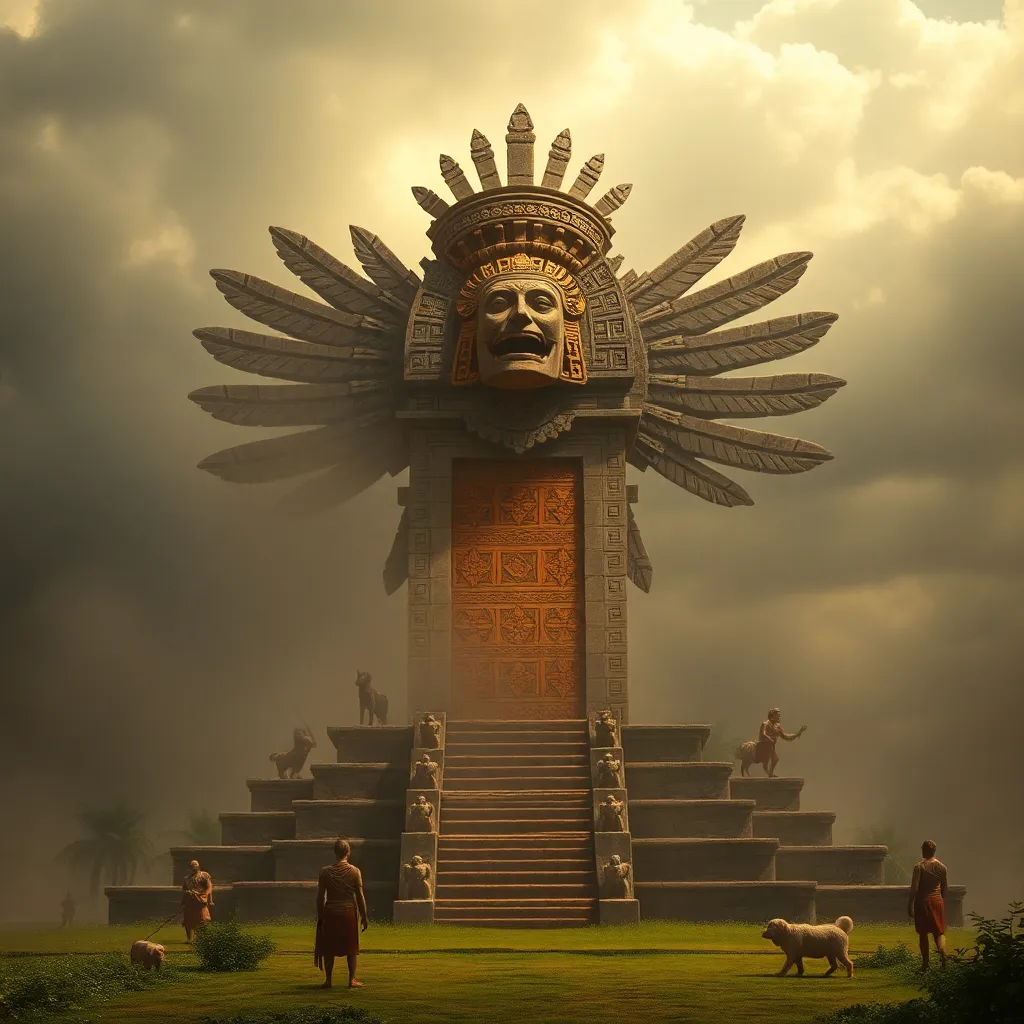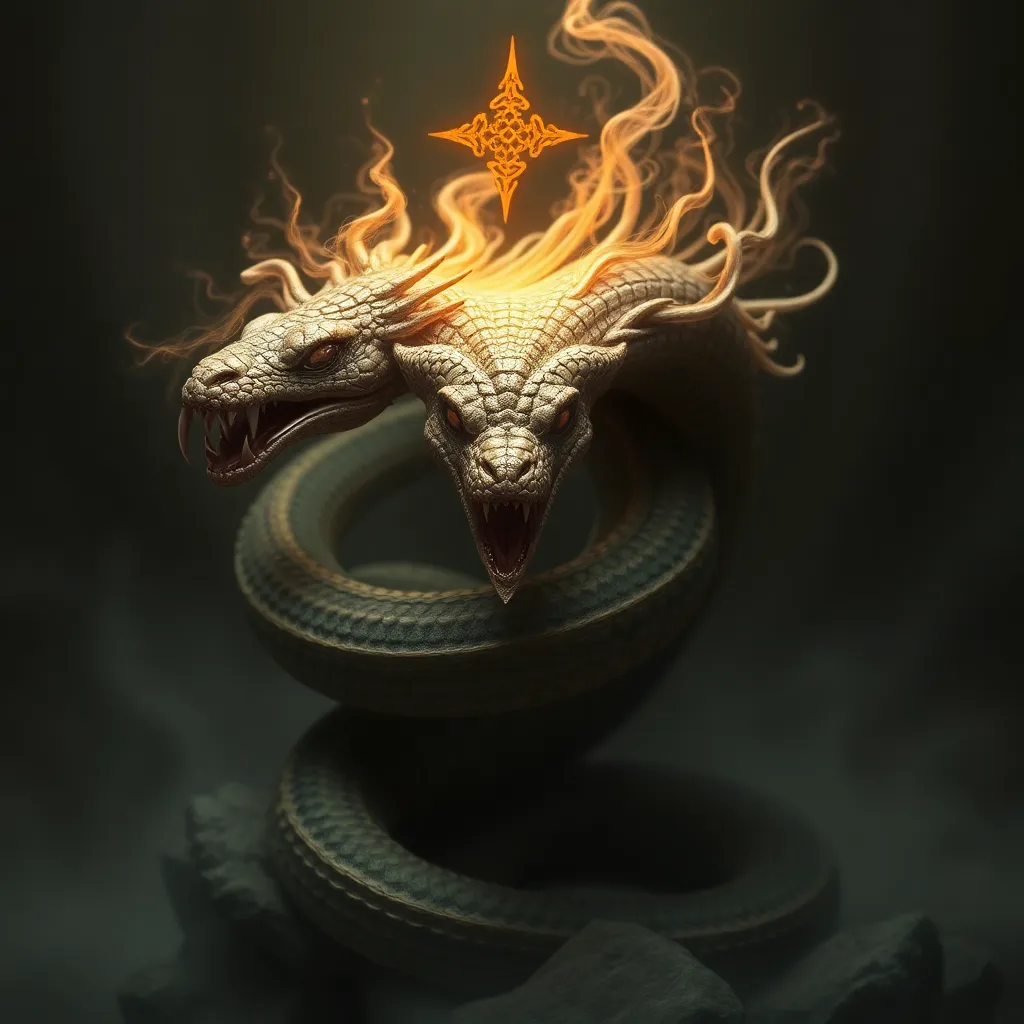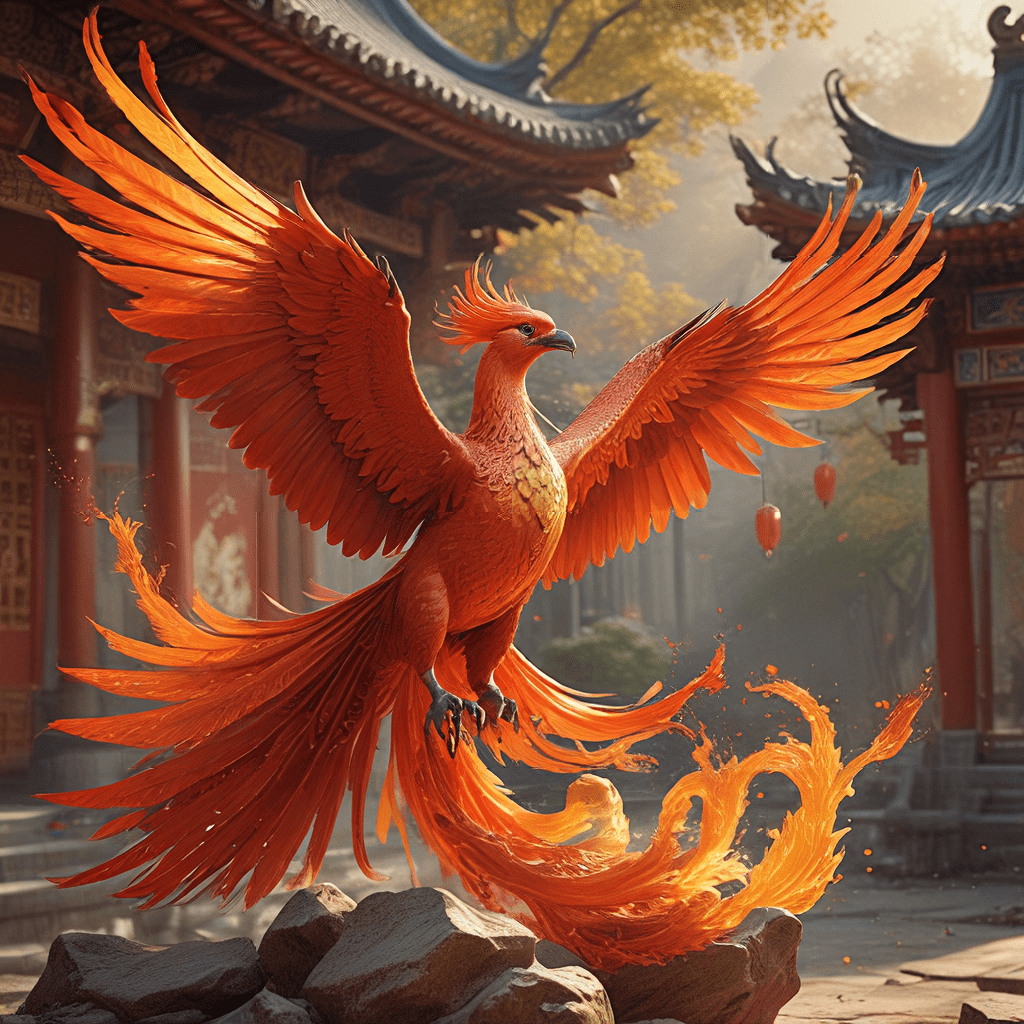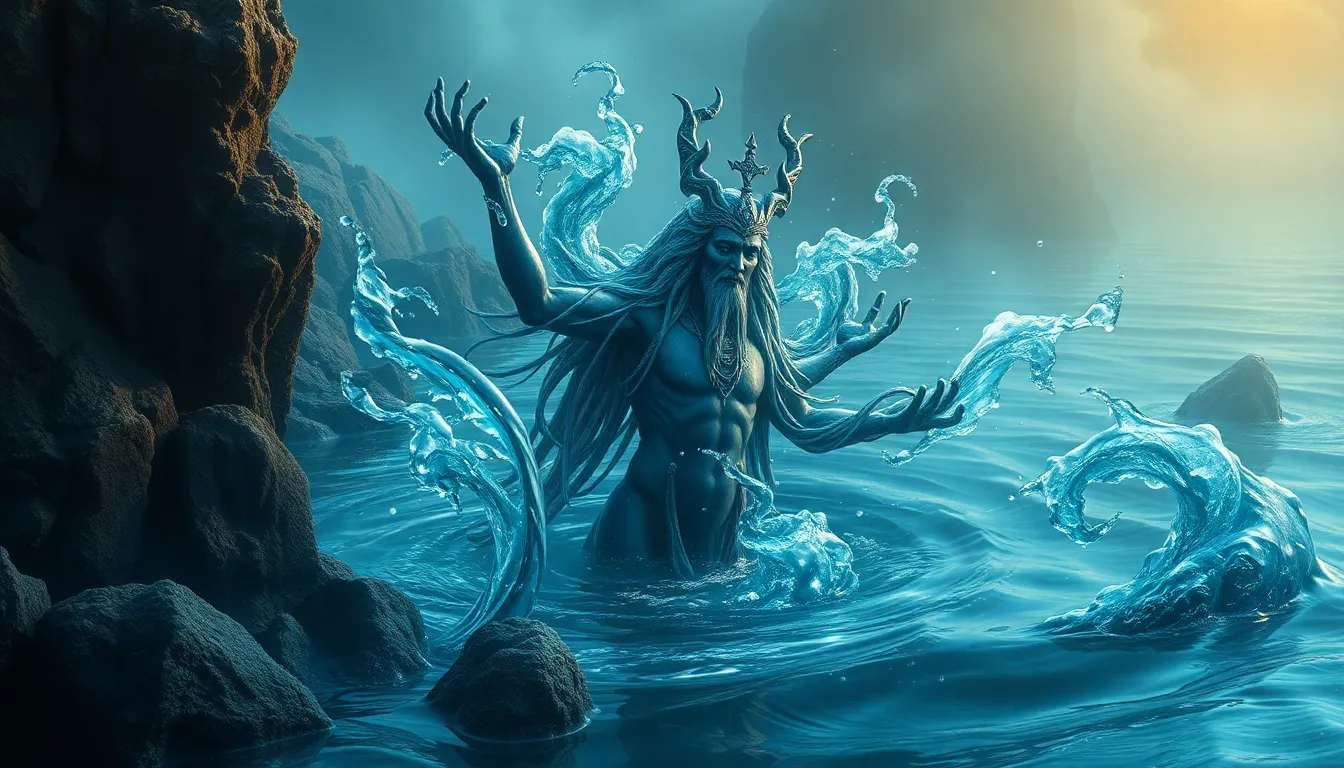The Mayan Popol Vuh: Itzamná’s Role in the Creation of Humanity
I. Introduction
The Popol Vuh, a sacred text of the K’iche’ Maya, serves as a cornerstone of Mayan mythology and cosmology. This narrative not only recounts the creation of the world but also details the rich tapestry of gods, heroes, and the origins of humanity. Among the pantheon of deities, Itzamná stands out as a pivotal figure, embodying wisdom and creation.
The importance of Itzamná in Mayan mythology cannot be overstated. Revered as a god of the sky, wisdom, and healing, Itzamná’s influence permeates various aspects of Mayan life and spirituality. This article aims to explore Itzamná’s integral role in the creation of humanity as depicted in the Popol Vuh, shedding light on his characteristics, contributions, and lasting impact on Mayan culture.
II. Historical Context of the Popol Vuh
The Popol Vuh originated in the mid-16th century, written in the K’iche’ language using Latin script by indigenous scribes who sought to preserve their cultural heritage following the Spanish conquest. This text is not merely a mythological narrative; it represents the historical, social, and religious values of the K’iche’ Maya civilization.
The K’iche’ Maya civilization flourished in the highlands of Guatemala, where they developed a complex society rich in culture and tradition. The Popol Vuh encapsulates their beliefs, including the creation myths, heroic deeds, and moral lessons that shaped their worldview.
Despite the challenges posed by colonial rule, which sought to suppress indigenous beliefs, the Popol Vuh was preserved. The resilience of the Maya in safeguarding their stories underscores the text’s significance in both historical and cultural contexts.
III. The Creation Myth in the Popol Vuh
The Popol Vuh begins with an account of creation, where the world is initially a formless void, devoid of life. The narrative unfolds with the emergence of the gods, who convene to create the earth and its inhabitants.
Various deities play significant roles in the creation process, including:
- Tepeu: The Creator God who initiates the creation.
- Gucumatz: The Feathered Serpent, often associated with wisdom and knowledge.
- Other gods who contribute to shaping the landscape and populating it with life.
Itzamná’s contributions are particularly noteworthy. As a god of wisdom, he offers guidance and insight that shape the direction of creation, ensuring that the world is not just functional but also imbued with meaning.
IV. Itzamná: The God of Wisdom and Creation
Itzamná is characterized by a multitude of attributes that define his role in the Mayan pantheon. He is often depicted as a wise and benevolent figure, embodying the qualities of:
- Wisdom and Knowledge: Itzamná is seen as a source of divine intelligence.
- Healing: He is associated with medicine and the well-being of humanity.
- Creation: Itzamná plays a crucial role in the formation of both the physical world and human beings.
His influence extends to other deities, fostering cooperation among them during the creation process. The symbolism associated with Itzamná is rich; he represents the balance of nature, the integration of mind and spirit, and the unity of life.
V. The Creation of Humanity
The narrative of humanity’s creation is a central theme in the Popol Vuh. It recounts several attempts to create humans, each marked by failure:
- The first humans were made of mud but fell apart and were unable to speak.
- The second attempt involved wood, resulting in soulless beings who lacked understanding and emotion.
Itzamná intervenes during these failed attempts, providing wisdom and guidance. His role is crucial in the successful creation of the first true humans, crafted from maize dough, a sacred crop in Mayan culture. This final creation is significant as it imbues humanity with life, intellect, and the capacity for worship.
VI. Itzamná’s Role in Human Affairs
Beyond creation, Itzamná is portrayed as a protector and guide for humanity. He imparts moral and ethical lessons, emphasizing the importance of harmony with nature and respect for the divine. His teachings encourage the Maya to live with integrity and purpose.
The relationship between Itzamná and humanity is deeply spiritual. He is seen as a nurturing force, guiding individuals through life’s challenges while fostering a connection to the divine. This relationship is a testament to the Mayan belief in the interconnection between gods and humans.
VII. Cultural Impact of Itzamná and the Popol Vuh
Itzamná’s influence persists in modern Mayan culture, where he is still revered as a symbol of wisdom and creation. Festivals, rituals, and cultural practices often invoke his name, highlighting his enduring relevance.
The Popol Vuh continues to be a foundational text for understanding not only Mayan mythology but also the broader themes of creation, existence, and morality. Its teachings resonate with contemporary discussions about identity, spirituality, and the environment.
Interpretations of Itzamná’s role have evolved, prompting scholars and practitioners alike to engage in dialogues that explore his significance in today’s world.
VIII. Conclusion
In conclusion, Itzamná’s significance in the creation of humanity as depicted in the Popol Vuh is profound. He embodies the principles of wisdom, guidance, and compassion, shaping the relationship between the divine and humanity. The enduring legacy of the Popol Vuh serves as a reminder of the rich cultural heritage of the Maya and the lessons that can be drawn from their mythology.
As we continue to explore the depths of Mayan mythology, Itzamná’s role invites us to reflect on our own understanding of creation, existence, and the moral responsibilities we hold towards each other and the world around us.
Thus, the Popol Vuh not only remains relevant but also encourages further exploration and appreciation of the wisdom contained within ancient texts.




